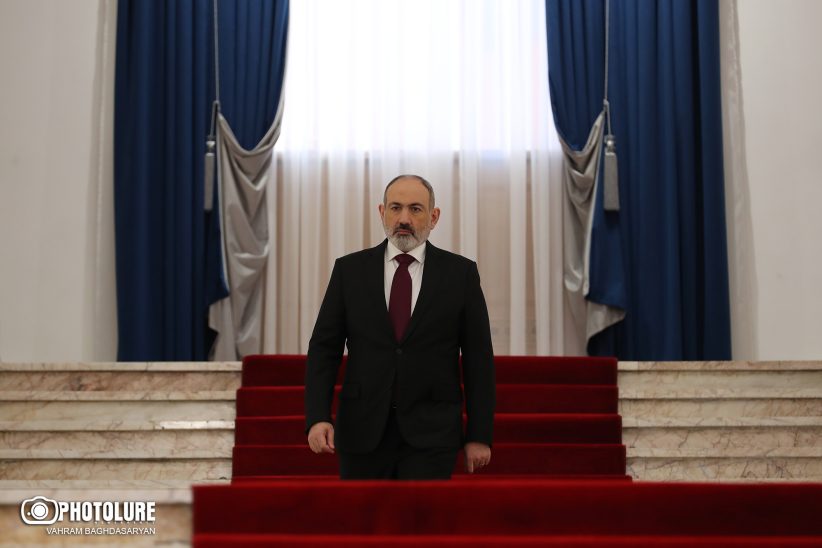By Paul Vartan Sookiasian
Prime Minister Nikol Pashinyan’s assessment Thursday to the Ministry of Justice that “Armenia needs a new Constitution, and not just constitutional amendments” might come as a surprise, as the adoption of a new Constitution is a major undertaking for any nation. It also might seem unusual that such an undertaking is not for the purpose of changing the type of government it administers, as Pashinyan specified that he doesn’t intend for there to be any change in Armenia’s parliamentary model of government. Instead, he declared: “we must have a Constitution that makes the Republic of Armenia more competitive and more viable in the new geopolitical and regional conditions.”
What could this mean though? Observers speculate this is related to the ongoing peace negotiations with Azerbaijan. According to analyst Tigran Grigoryan: “when Aliyev announced on December 6 that Baku expects guarantees from Yerevan that Armenian revanchism will not rise in the future, he meant a change to the normative legal foundation of its statehood.” While the current Constitution makes no direct reference to the dispute over Nagorno-Karabakh, it describes itself as being based on the fundamental principles of the 1990 Armenian Declaration of Independence, which in turn endorses the Soviet Armenian Supreme Council’s decision for the unification of Karabakh with Armenia. Pashinyan has not directly addressed this fact, but during an interview last month with Petros Ghazaryan he took issue with the “words and concepts” used by Armenian statesmen during the independence formation period.
Last August, to mark the anniversary of the Declaration of Independence, Pashinyan similarly expressed misgivings about it. He explained how “it was adopted at the peak of the Karabakh movement, which had been unfolding since 1988, in the conditions of economic, political and ideological crisis prevailing in the Soviet Union”, describing the text as having a “confrontational narrative with the regional environment that kept us in constant conflicts with our neighbors.” He indicated that he has come to look at the declaration differently since the 2020 war, as while he had treated it like a “biblical message”, he feels it “needed and needs a deep examination, because it is a political document with all the consequences it entails.”
Thus as Grigoryan concludes, “there is a high probability that one of the guarantees mentioned by Aliyev is that Yerevan gets rid of that normative legal background,” and that these statements have been “to prepare the public for those possible changes and to justify those changes at the propaganda level.”
The talk of changing the Constitution is not new, as Armenia had established a Constitutional Reform Commission in 2021, which recently developed new proposals and initiated discussions on them with the expert community. However Pashinyan’s latest statement would suggest that approach may be changing to creating a whole new constitution instead.
















